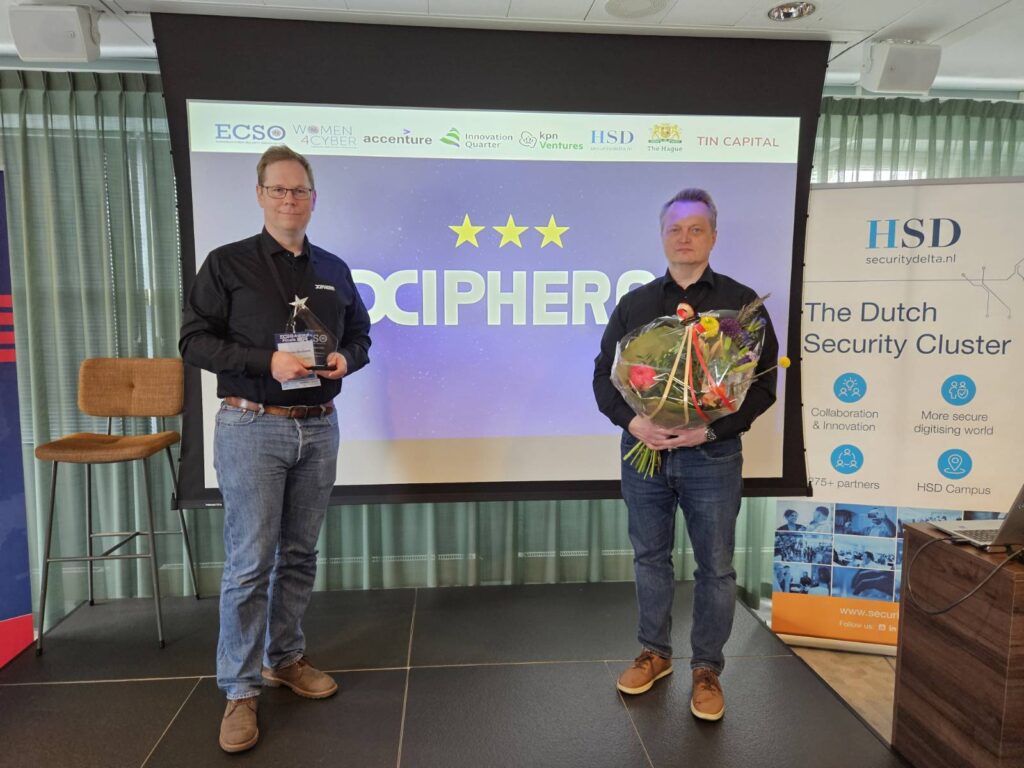Latest news and updates.
- Company news & updates
Xiphera, a Finnish deep-tech company specialising in hardware-based security, has entered into a strategic partnership with South Korea–based Austin Electric Co., Ltd. This collaboration will extend Xiphera’s advanced cryptographic IP core solutions to a broader customer base in South Korea, especially in the aerospace, industrial automation, critical infrastructure, IoT, and automotive sectors.
- Company news & updates
The Finnish cybersecurity company Xiphera is participating in a three-year national research project Beyond the Limits of Post-Quantum Cryptography (BLimPQC), led by VTT. The project aims to protect Finnish society from cybersecurity threats posed by quantum computers. With a total budget of €6.3 million, the initiative has been launched in April 2025 by VTT in collaboration with Finnish universities, public authorities, and companies.
- Company news & updates
The hardware-based security technology company Xiphera has been awarded the ECSO STARtup Award 2025, following the European finals held in The Hague, Netherlands. Organized by the European Cyber Security Organisation (ECSO), the award recognized Xiphera’s hardware-based cryptographic solutions as the most outstanding innovation among the finalists.
- Company news & updates
Xiphera is excited to announce our partnership with Siemens Cre8Ventures through the Digital Twin Marketplace. Together, we aim to address critical security challenges in the automotive industry while supporting the sovereignty objectives of the EU Chips Act.
- Company news & updates
Based on key financial indicators, Xiphera is ranked as one of the best companies in Finland, both in the broader market and within its own sector.
- Company news & updates
Xiphera, the Finnish leader in hardware-based security solutions, has joined the Finnish Defence and Aerospace Industries (PIA ry). This step strengthens Xiphera's position in the defence and security sector and supports European digital sovereignty.
- Company news & updates
The security IP industry is undergoing major changes, driven by ongoing consolidation. In this evolving market, Xiphera - an independent European security IP vendor with an extensive portfolio - remains a Finnish company committed to delivering optimised solutions for the full spectrum of customers’ security needs.
- Company news & updates
Julius Helander, Xiphera’s Digital Design and Testing Engineer, leverages his academic background by working on side-channel testing and development.
- Company news & updates
Another year has come to an end, and Xiphera’s team is turning on the Christmas mood and getting ready for the well-deserved holidays. Let’s take a look into what we have done and accomplished this year.









